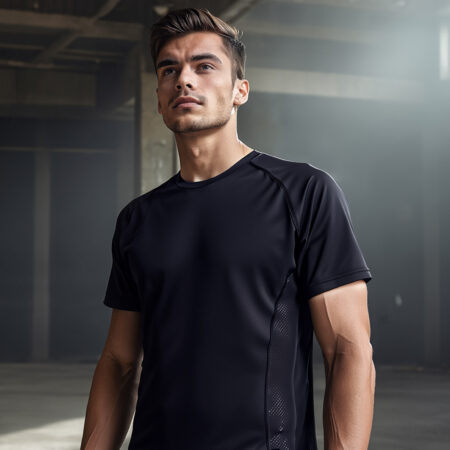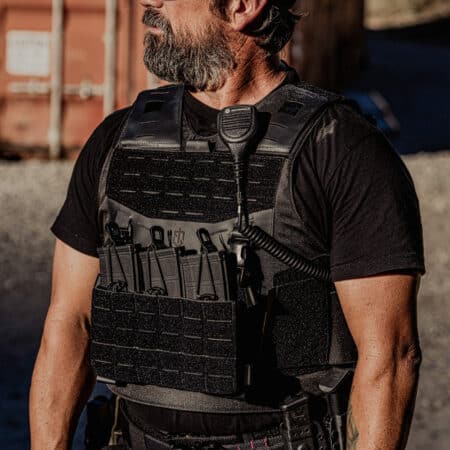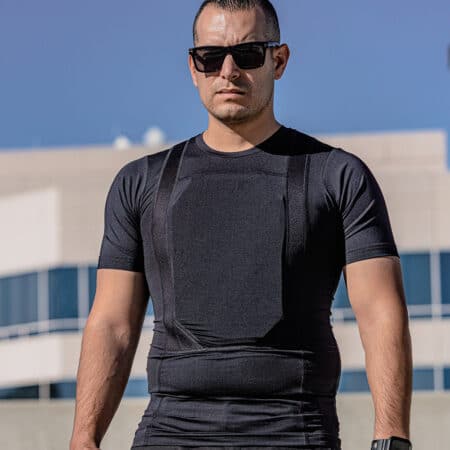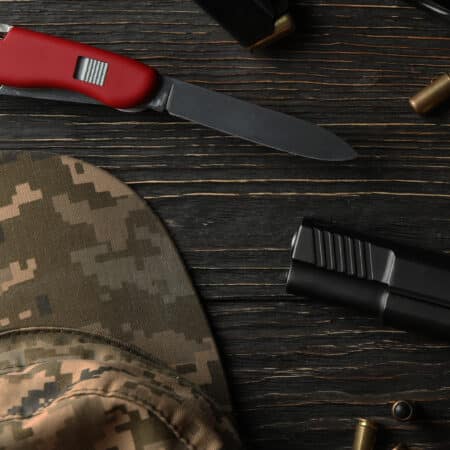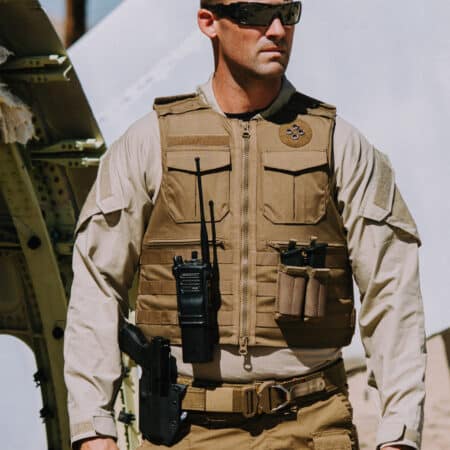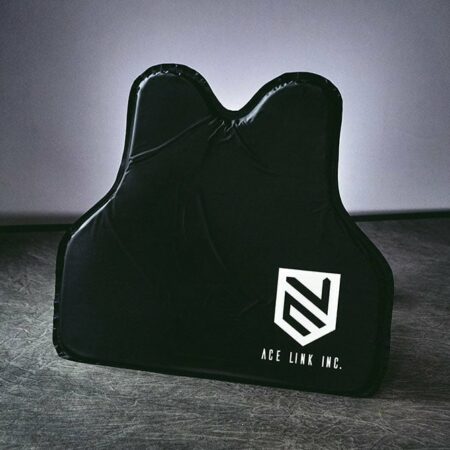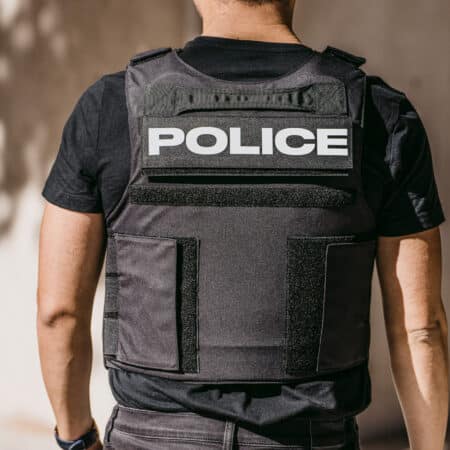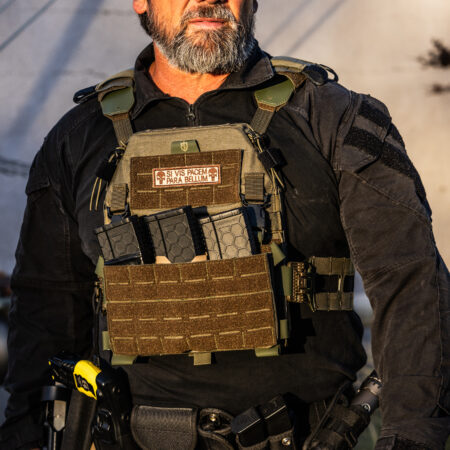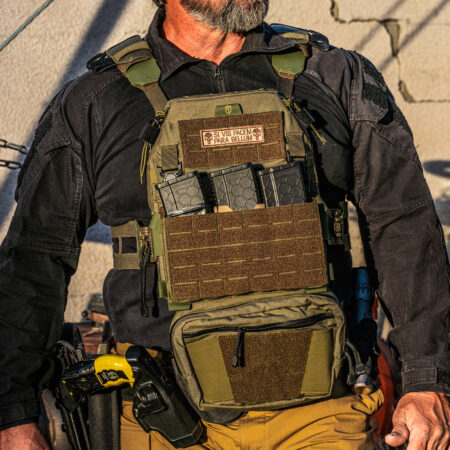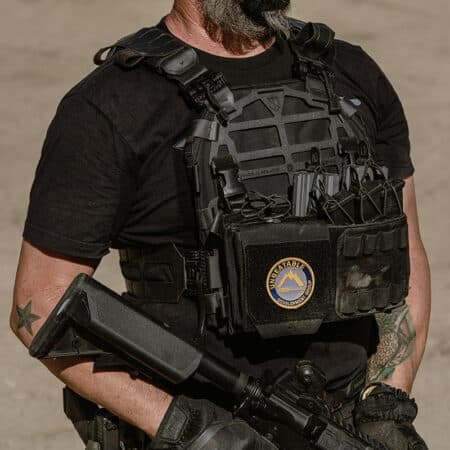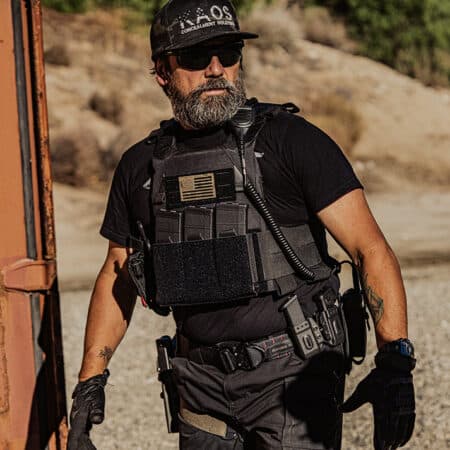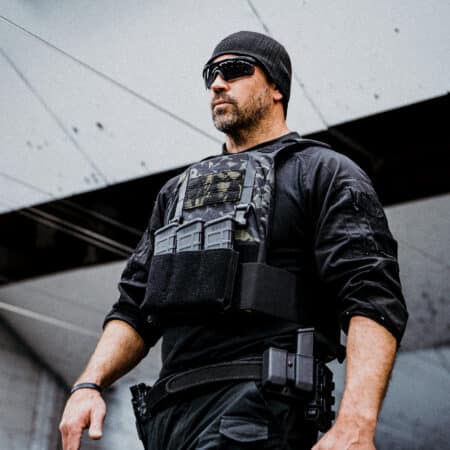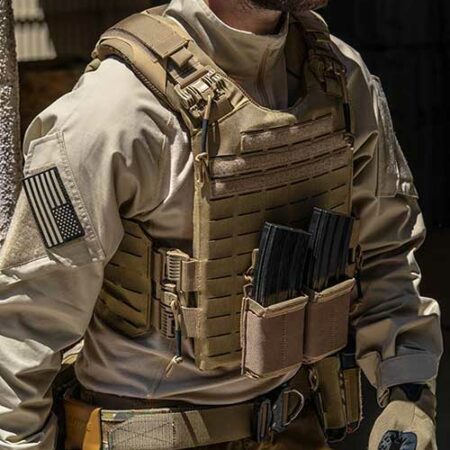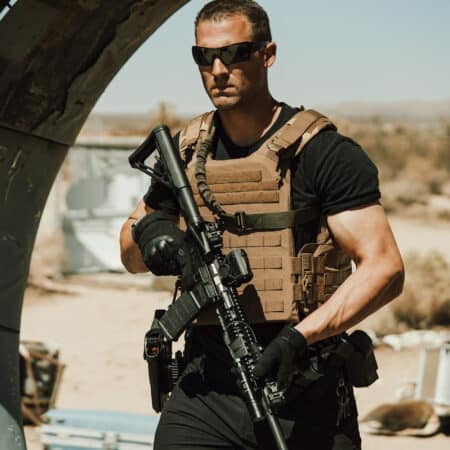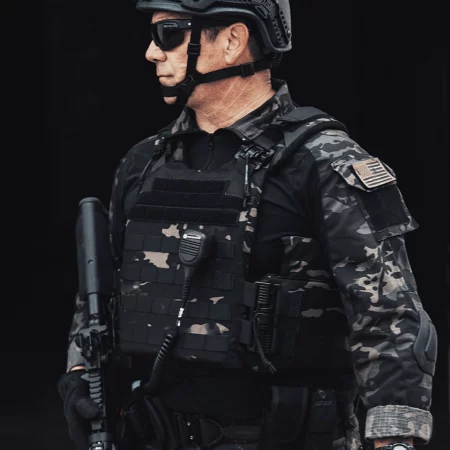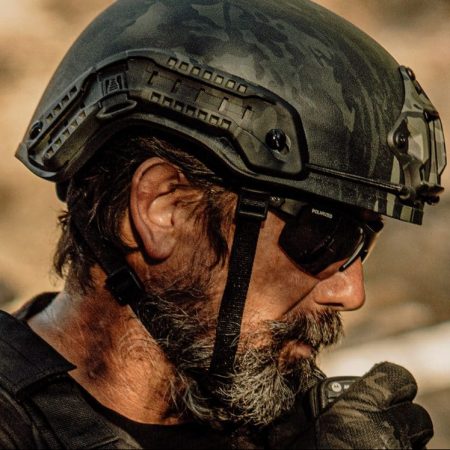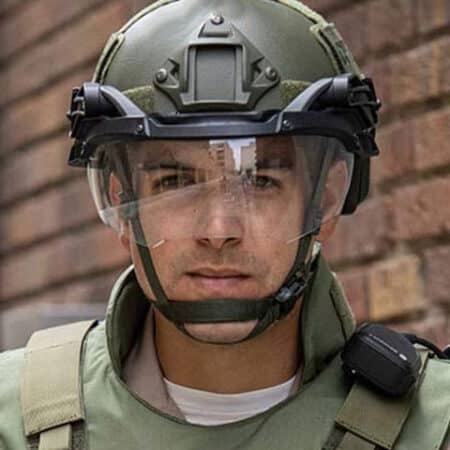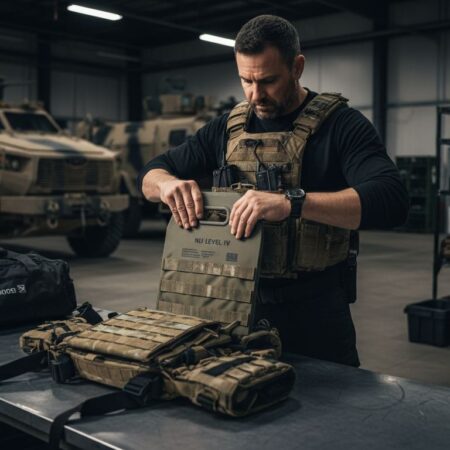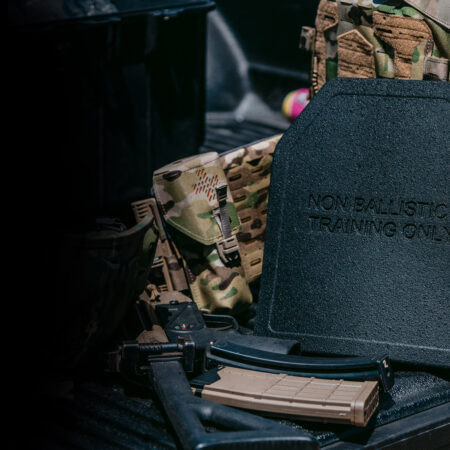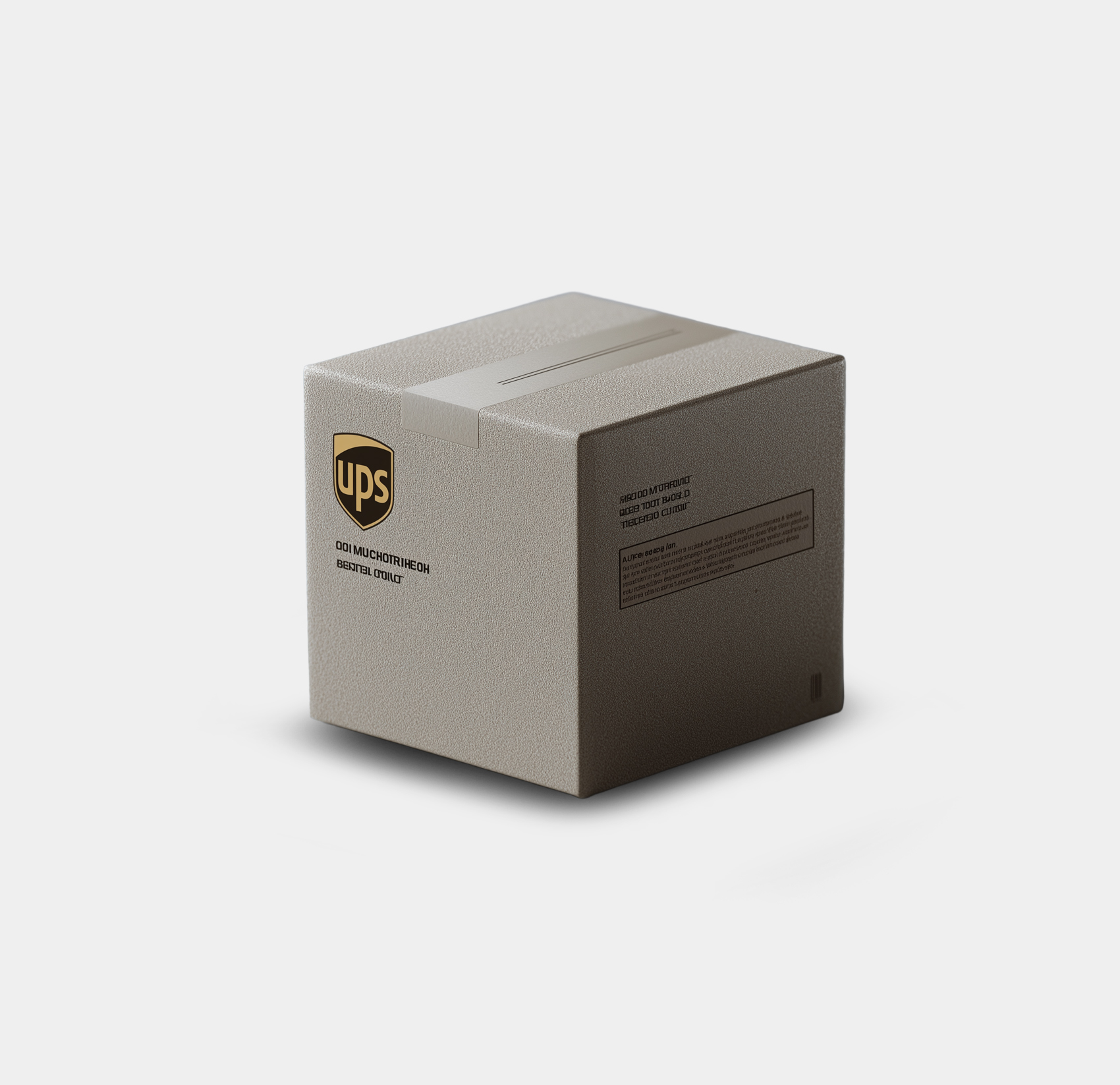When it comes to armor plates, or body armor in general, if you are looking for reliable protection, you need to opt for NIJ Certified body armor. In the US, the NIJ is a government body that regulates the testing standards for body armor, and certifies different levels of armor according to the level of protection they provide.
Currently, the Body armor industry adheres to the NIJ Standard 0101.06, however, the National institute of Justice has now introduced a new standard for Body armor regulation. This new NIJ Standard 0101.07 has changed up the entire game, introducing new classifications for body armor protection levels, and a wide range of new testing methods and practices.
So, in today’s post, we will decode what the new NIJ.07 Standard means. We will talk about the new protection levels, testing procedures, and overall changes this standard entails.
Why are Hard Armor Plates Necessary for Stopping Rifle Threats:
Rifle bullets are typically Smaller in Caliber than pistol rounds, but they are traveling way faster. This combination of small size and high speed, makes it so that these bullets impact with a lot of force, on a very small surface area. This translates into exponentially higher penetrating power, and allows these bullets to penetrate soft body armor like it’s not even there.
Additionally, many rifle bullets are specifically designed to penetrate armor. They can have steel penetrator cores, which greatly increase their penetrating power. Therefore, to stop these fast moving bullets, we need hard armor plates.
Different materials are used to make these plates, ranging from Steel to UHMWPE. Each material stops the bullets differently, but in general, they are rigid enough to absorb the energy of the bullet, and prevent it from penetrating.
Decoding the NIJ 0101.07 Protection Levels for Hard Armor Plates:
NIJ 0101.07 brings several new changes to the standardized protection levels for hard armor plates. These changes include the introduction of a new protection level, and changes in the Calibers used for testing.
The previous, NIJ Standard 0101.06, classified rifle threat levels as level III and level IV.
Level III could stop up to 7.62×51 NATO FMJ rounds, and level IV could stop up to 30.06 AP (Armor-piercing) rounds. Now, the NIJ has renamed these levels to RF1 and RF3 respectively, according to the new NIJ Standard 0101.07.
NIJ Level RF1:
The RF1 Level hard armor plates will be tested using a variety of rounds and calibers. These rounds include
- 7.62x51mm M80 Ball NATO FMJ steel jacketed spire point boat tail rounds
- 7.62x39mm surrogate test 120.5 grain rounds
- Multiple variations of 5.56mm BT 56 grain rounds.
NIJ Level RF3:
On the other hand, RF3 level armor will be tested using 30.06 M2 Armor Piercing (AP) FMJ spire point 165.7 grain rounds. It offers the highest level of ballistic protection against rifle calibers, and can stop most intermediate rifle calibers, along with heavier rounds like .308 Black Tips, 7.62x54r, and 30.06 M2 Armor Piercing Rounds.
NIJ Level RF2:
The new NIJ 0101.07 standard also addresses the categorization of Level III+ armor panels. Though level III+ isn’t an official NIJ Certified Armor level, it is quite popular among consumers. Armor Manufacturers rate it to stop 5.56 green tip extreme penetrator rounds as well.
You see, the key to beating armor is speed, and a fast traveling, steel core, 556 round can defeat some level III body armor. Therefore, the new RF2 protection level is tested with the following calibers to ensure enhanced protection
- 5.56mm M855 Green Tip Extreme Penetrator Rounds
- 7.62x39mm AK Rounds
- 7.62×51 NATO or .308 FMJ Rounds.
Can NIJ certified Armor Plates Stop all Rifle Rounds:
No, Though NIJ Certified armor can stop a wide range of calibers, they still can’t stop all rifle rounds, especially those designed specifically for armor penetration. Take for instance the US Army’s new standard Caliber, the 6.8 Fury, which can easily penetrate even Level RF3 Armor Panels.
Similarly, some specialty hunting calibers, and large calibers like 50 BMJ can easily penetrate any armor. So, NIJ certified armor plates cant stop all rifle calibers. However, they can stop almost every commonly used intermediate rifle caliber, and some most battle rifle rounds as well. .
When will the Industry Implement these new NIJ Standards?
Like any other change, introducing a new standard into a major consumer market takes a lot of time, effort, and resources. Though the new NIJ.07 standards have been out for a while now, the body armor industry still uses the legacy standards because the NIJ still hasn’t officially enforced these standards. However, according to the NIJ, consumers can expect to see body armor certified by NIJ to the 0101.07 standard sometime in 2025.
Conclusion
Overall, The introduction of the new NIJ Standard 0101.07 marks a significant advancement in the regulation and classification of body armor in the US. With clearer categorization under the new RF system and enhanced testing requirements, this standard will ensure the manufacturing of higher quality armor plates.



